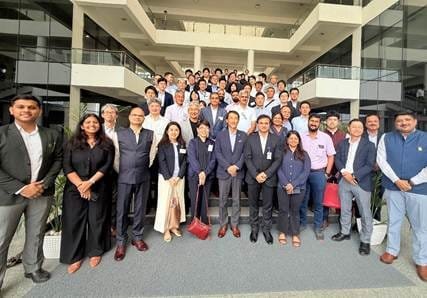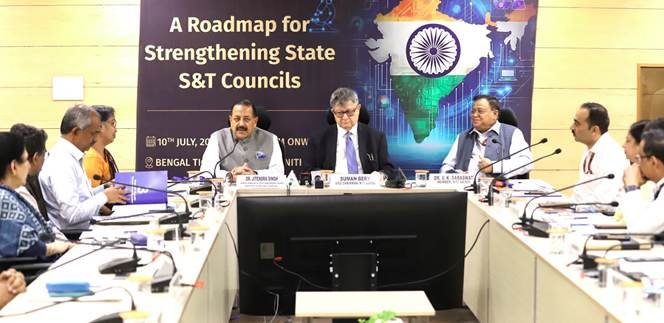Clean energy for underserved areas
The Indian Renewable Energy Development Agency (IREDA) is planning to set up a dedicated “Green Window to serve the unserved segments of renewable energy”, New and Renewable Energy Ministry Secretary Anand Kumar said on 11 Dec 2019.
The Green Window would provide a significant boost to the renewable energy market which is getting increasingly cheaper and better for the strategic interests of India.
“As India moves towards becoming a USD 5 trillion economy, the country’s aim to install 450 gigawatts (GW) of renewable energy capacity would be one of the major drivers of its economic growth,” said Kumar told the UN Climate Change Conference (COP 25) in Madrid.
The US$100 million Green Window facility will be allocated US$20 million seed capital by the government and US$80 million will be raised from other sources, said MNRE on 11 Dec 2019. The seed capital will be used to leverage additional sources of capital from both private domestic banks and international sources.
The Green Window would be set up to dedicatedly support underserved clean energy markets and support the scaling up of new clean energy technologies.
IREDA is India’s leading financial institution dedicated to clean energy expansion. Since its founding under MNRE in 1987, IREDA has financed the largest share of renewable energy projects in India.
India is one of the top three nations leading global renewable energy growth.
As of October 2019, India’s installed capacity renewable capacity has already met about half of its 2022 target of 175 GW. Achieving the 175 GW goal would increase green energy access for millions of Indians and, additionally, could create up to 1 million job opportunities for over 300,000 workers in the country by 2022.
Prime Minister Narendra Modi has announced India’s commitment to go much beyond the 2022 goal and install 450 GW of renewables- more than five times the current installed renewables capacity.
India, however, needs high amount of capital invested, of the order of Rs.2,145,000 crore (US$330 billion) between 2018 and 2030, to accomplish its commitments under the Paris Agreement.
Given the existing high exposure to conventional power, there is limited debt capacity in the financial system to fund the amount of new generation needed to meet renewables targets.
A Green Window would lower the risk for traditional banks to finance green energy and tap into international capital to help India power its cities and rural communities.
Green Windows, like green banks, are public entities created to work with the private sector to increase investment in green energy and bring clean energy financing into the mainstream.
They are innovative and new tools that have been successful in the United Kingdom, Australia, Japan, Malaysia and the United States. fiinews.com










